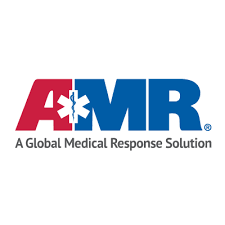Dr. Akujuobi Igwe, Laboratory and Research Director at Rotan Medical Diagnostics Ltd., has highlighted critical strategies needed to reduce antimicrobial resistance (AMR) in rural communities across Nigeria.
In an interview with reporters on Wednesday in Abuja, Igwe stressed the urgent need to strengthen diagnostic and laboratory capacity in rural health centres.
He said a multi-faceted approach—combining diagnostics, stewardship, regulation, and community engagement—was essential to tackling AMR in undeserved areas.
“Equipping clinics with basic microbiology tools, rapid diagnostics, and promoting culture and sensitivity testing is key to addressing AMR,” he said.
Igwe also called for the introduction of point-of-care testing for common infections such as urinary tract infections, typhoid, and respiratory diseases to reduce guesswork in antibiotic prescribing.
The medical expert urged the promotion of antimicrobial stewardship by training healthcare providers on rational prescribing, guided by World Health Organization (WHO) and Nigeria Centre for Disease Control (NCDC) guidelines.
He advocated the establishment of antibiotic stewardship programmes in primary health centres and encouraged collaboration between prescribes and laboratory scientists to ensure treatments align with local resistance patterns.
On access and regulation, Igwe emphasized stricter enforcement of laws against over-the-counter antibiotic sales and recommended training patent medicine vendors to refer patients rather than dispense antibiotics indiscriminately.
“Expanding community pharmacies in rural areas is necessary to provide safe access to medications,” he added.
Speaking on community education, Igwe underscored the importance of working with local leaders, religious institutions, schools, and the media to raise awareness about the dangers of self-medication.
He stressed the need for completing prescribed antibiotic courses and practicing proper hygiene.
Igwe also advocated a “One Health” approach linking human, animal, and environmental health. This, he said, includes curbing antibiotic misuse in livestock, improving water, sanitation, and hygiene (WASH) infrastructure, and collaborating with veterinary and environmental authorities to prevent cross-sector misuse.
Other recommended measures include establishing effective referral systems, incentivizing specialization and continuous professional development for rural health workers, implementing AMR surveillance, and enforcing a zero-tolerance policy against quackery and unlicensed practitioners.
“Combating AMR in rural Nigeria requires evidence-based prescribing, community awareness, regulatory oversight, and multi-sector collaboration to protect public health and preserve the effectiveness of antibiotics for future generations,” he said.


